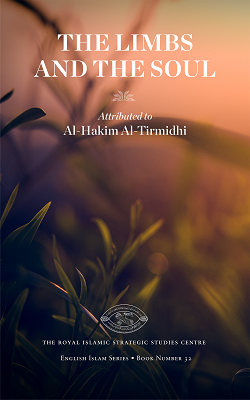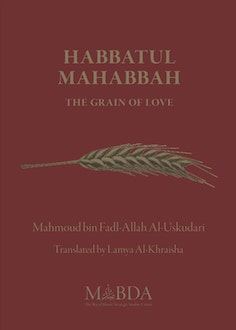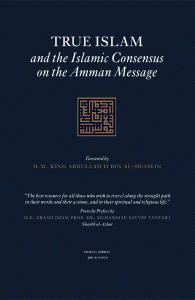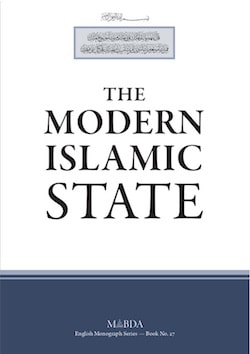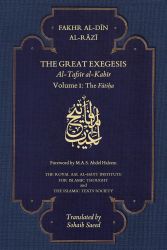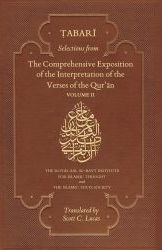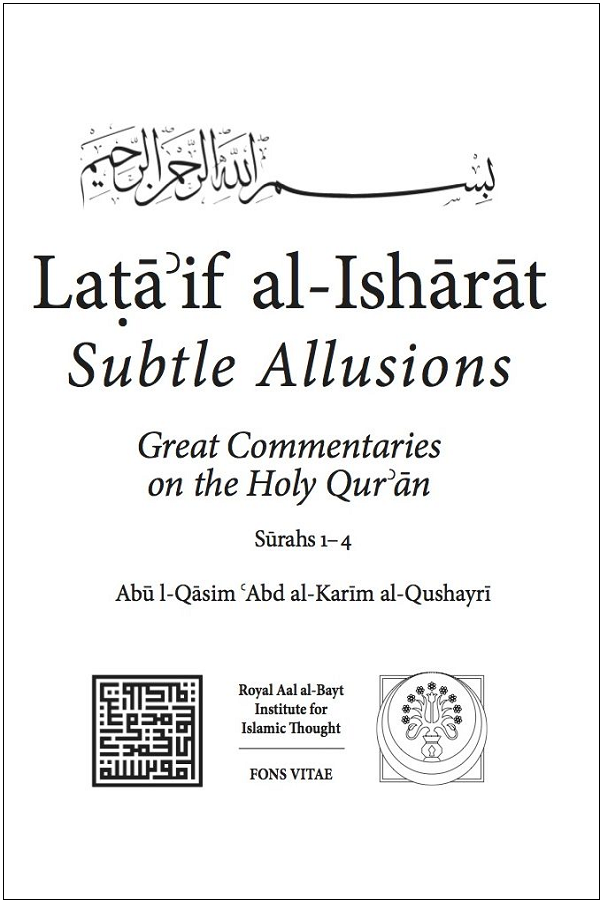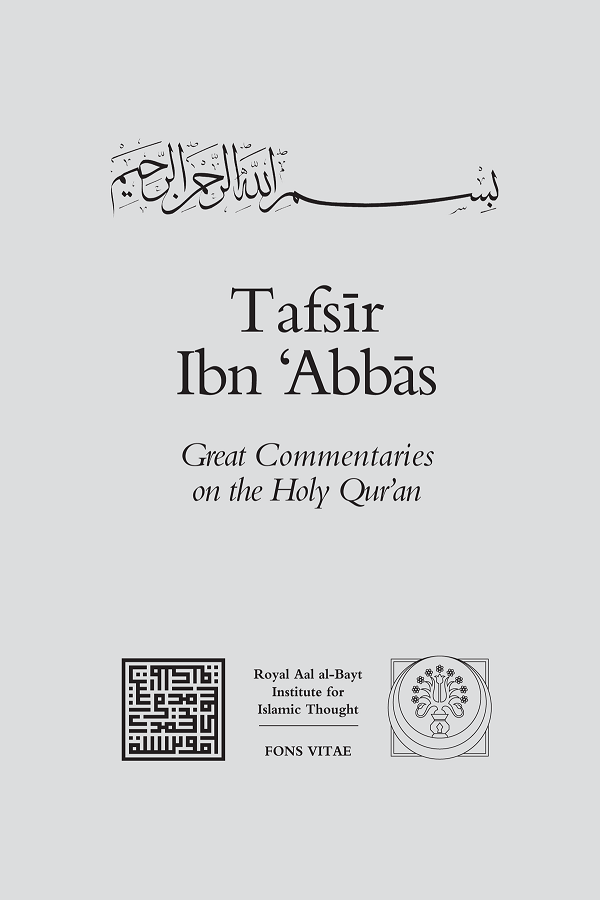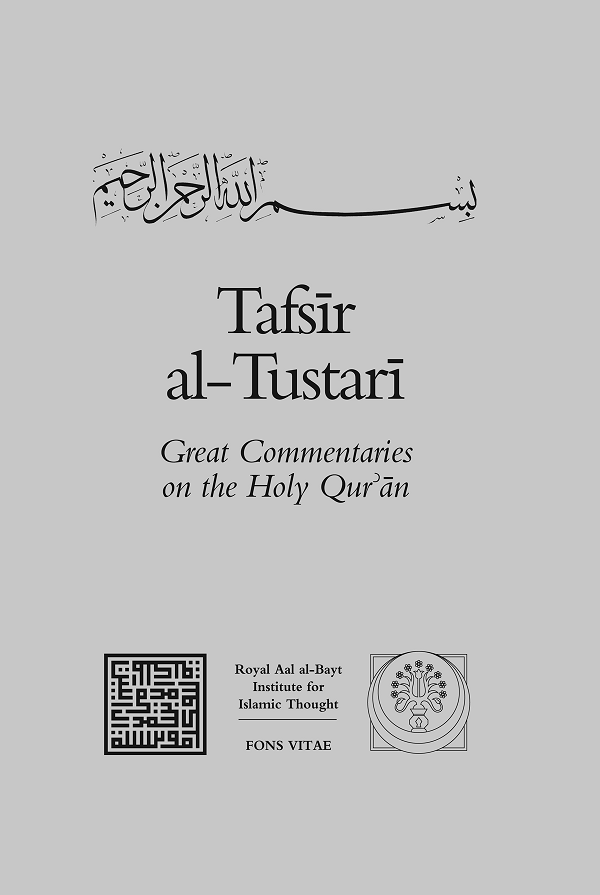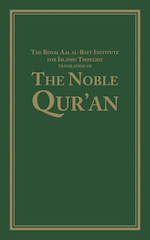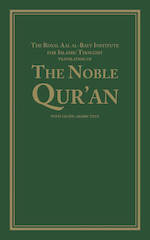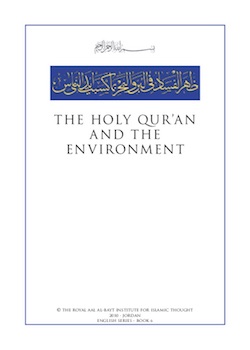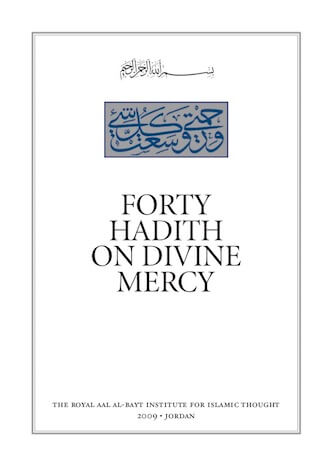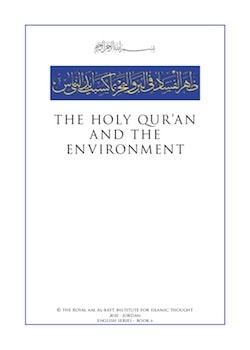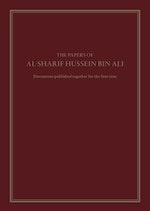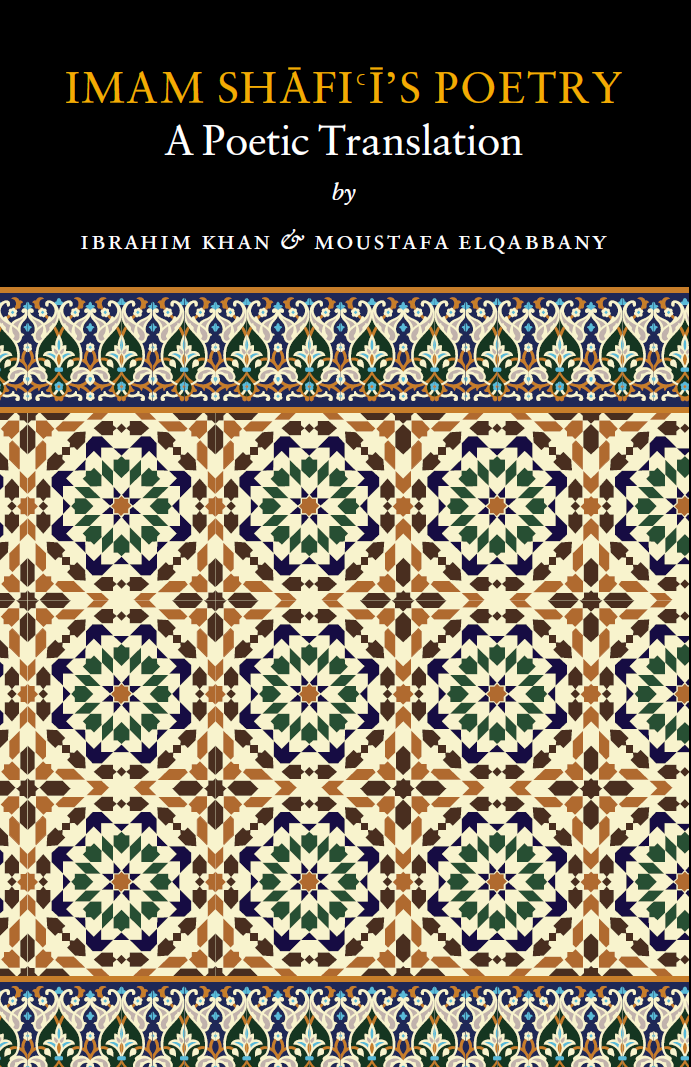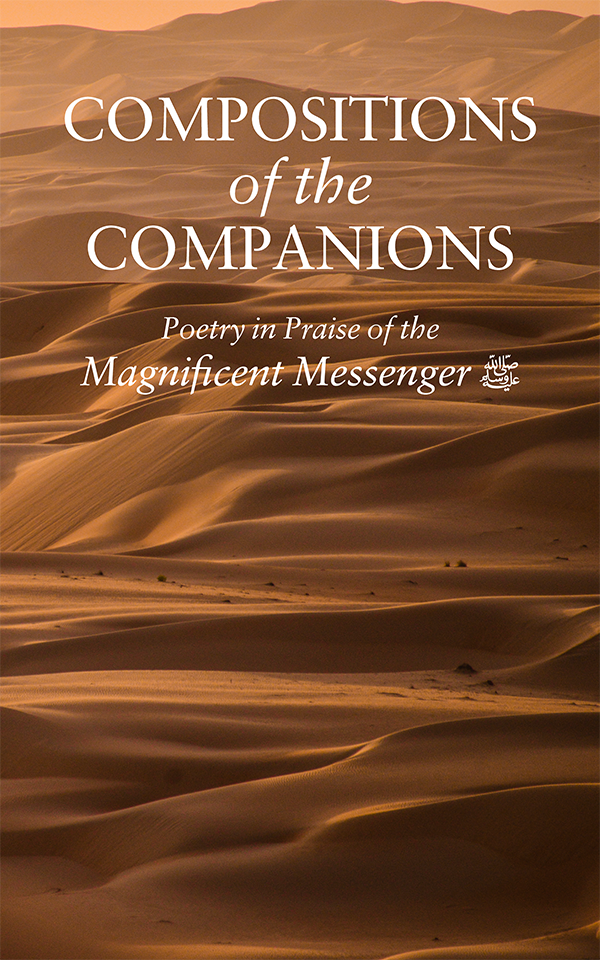Mabda Report 12.08.11
MABDA Report 12/8/2011
One Nation, One Chicago Strives for Interfaith Understanding
One Chicago, One Nation is the product of a post-Sept. 11 effort called One Nation and is largely financed by $200,000 from George F. Russell Jr. of Tacoma, Wash., creator of the Russell 2000 stock index. His aim was to create positive images of a much-caricatured and maligned Muslim population in the United States.
The project here started last year and is led by two locally-based groups, the Interfaith Youth Core and Inner-City Muslim Action Network, which partnered with several other donors, including The Chicago Community Trust. If City Hall’s new office is to be more than a politically correct nod to new immigrants, it should rely on both.
http://www.nytimes.com/2011/08/05/us/05cncwarren.html?_r=1
Muslims join in interfaith Ramadan dinner
Meeting held for Jews, Christians to give Muslims "a chance to share their culture and religion with others," ICCI director says.
Interfaith dialogue is encouraged in Islam. “Muslims are told they can be fair and benevolent and connected to those who are not coreligionists, as long as those don’t fight our religion or remove us from our homes,” Iyad Zahalka said on Wednesday in an address on interreligious dialogue from a Muslim perspective he gave ahead of an Iftar meal, the traditional dinner held at the end of each fast day of Ramadan, which began on Monday.
http://www.jpost.com/JewishWorld/JewishNews/Article.aspx?id=232583&R=R5
Sharing Religious Narratives Fosters Harmony
Professor Hunt presented a paper titled The Role of Inter-religious Dialogue in Promoting Peace at times of Cultural Conflict, Case Studies and Proposed Models last week at an event organised by Kampong Kapor Methodist Church (KKMC). The event was held in celebration of Religious Harmony month. During his talk, he highlighted how his own students have benefited from interfaith dialogue.
Over a period of five years, several hundred Christian students met with as many counterparts of other religions. These students engaged in dialogue with Jews, Buddhists, Hindus and Muslims over 200 times. Individual participants narrated their own religious stories and that of their communities. The dialogue between Christians and people of other faiths deepened mutual understanding.
For example, Muslim participants came to a better understanding of the difference between Christianity and popular American political culture. Similarly, Christians came to a better understanding of the difference between Islam and Arab culture and Islamist political movements.


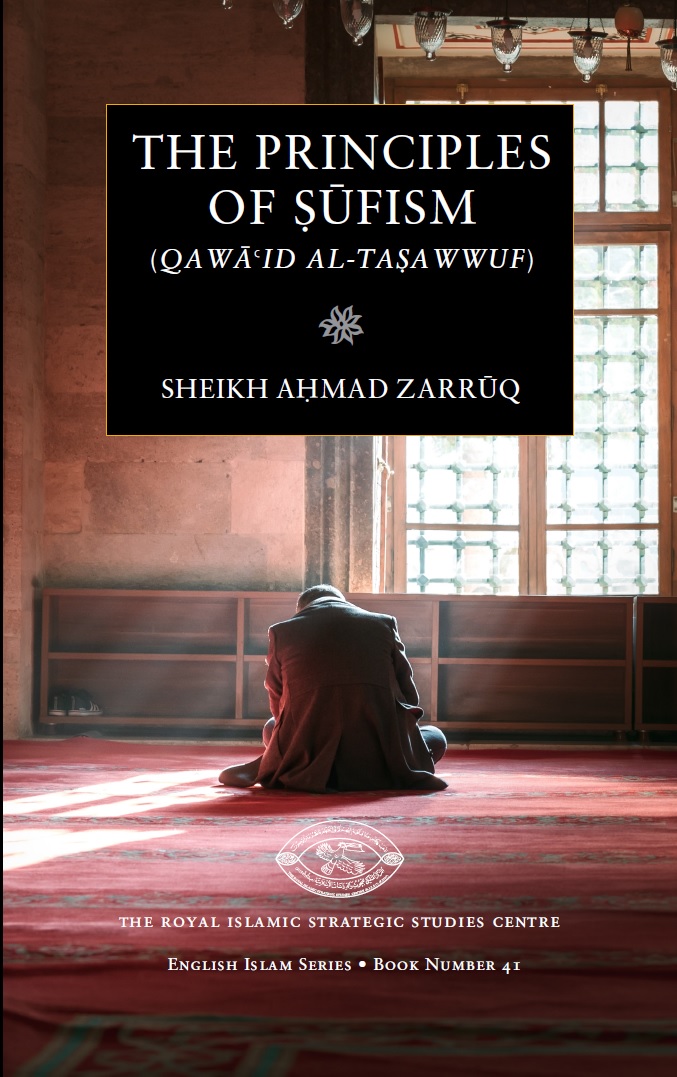
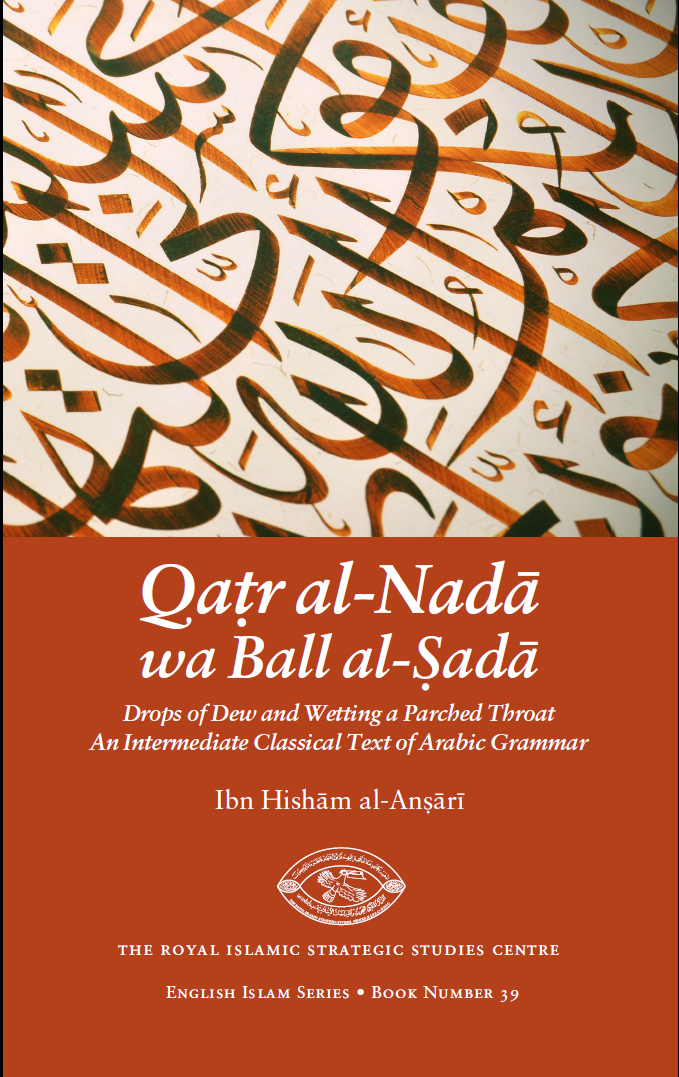
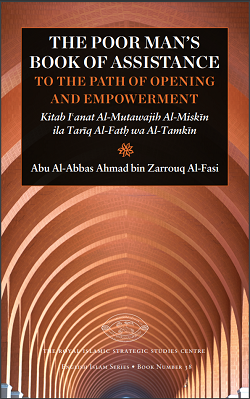
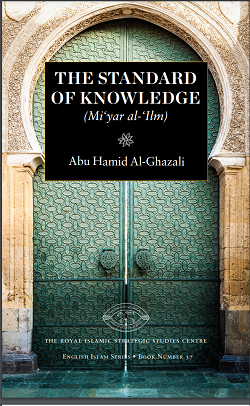
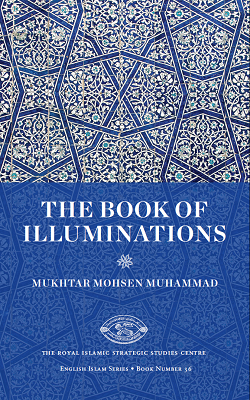
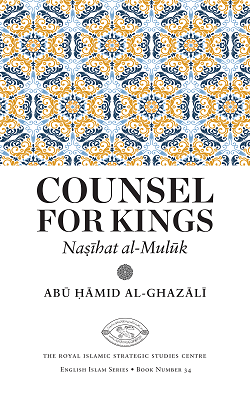
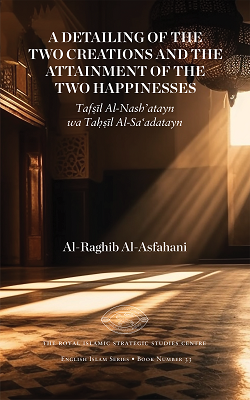
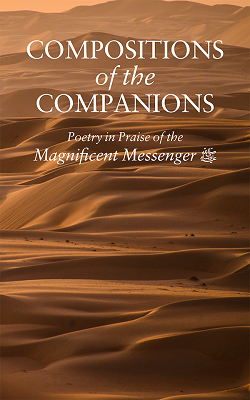
![OrnamentsofGatherings_EnglishArabic_BookSingles_05-06-23[63]_Page_001](https://rissc.jo/wp-content/uploads/2023/06/OrnamentsofGatherings_EnglishArabic_BookSingles_05-06-2363_Page_001-scaled.jpg)
